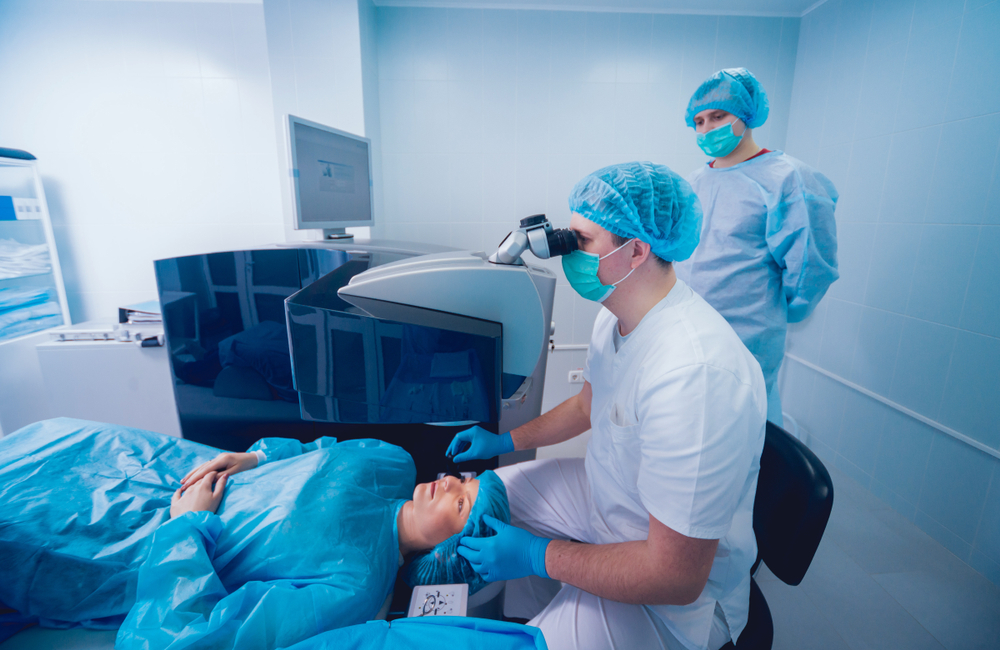The Heart Surgeon: A Lifesaving Specialist in Cardiac Care
Heart surgeons are highly specialized medical professionals who perform intricate procedures to treat various heart conditions. These skilled physicians undergo extensive training to master the complex techniques required for operating on one of the body's most vital organs. This article will explore the role of heart surgeons, their education and training, common procedures they perform, and the impact of their work on patient outcomes.

Some of the key responsibilities of a heart surgeon include:
-
Conducting pre-operative assessments and consultations
-
Performing complex heart surgeries
-
Monitoring patients during post-operative recovery
-
Collaborating with other medical specialists for comprehensive patient care
-
Staying updated on the latest advancements in cardiac surgical techniques
How long does it take to become a heart surgeon?
Becoming a heart surgeon requires an extensive educational journey and rigorous training. The path to this specialized medical career typically involves:
-
Completing a four-year undergraduate degree
-
Attending medical school for four years to earn a Doctor of Medicine (MD) or Doctor of Osteopathic Medicine (DO) degree
-
Completing a five-year general surgery residency
-
Undertaking a two to three-year cardiothoracic surgery fellowship
In total, it can take 15 to 16 years of education and training after high school to become a fully qualified heart surgeon. This lengthy process ensures that heart surgeons possess the extensive knowledge and skills necessary to perform complex cardiac procedures with precision and care.
What are the most common heart surgeries performed?
Heart surgeons perform a wide range of procedures to address various cardiac conditions. Some of the most common heart surgeries include:
-
Coronary Artery Bypass Grafting (CABG): This procedure involves creating new pathways for blood flow around blocked coronary arteries, improving blood supply to the heart muscle.
-
Heart Valve Repair or Replacement: Surgeons may repair or replace damaged heart valves to restore proper blood flow through the heart chambers.
-
Aneurysm Repair: This surgery addresses weakened areas in the heart’s walls or major blood vessels to prevent rupture.
-
Heart Transplantation: In cases of severe heart failure, surgeons may perform a heart transplant, replacing the diseased heart with a healthy donor organ.
-
Congenital Heart Defect Repair: Heart surgeons correct structural abnormalities present at birth, such as septal defects or malformed heart valves.
How do heart surgeons work with other medical professionals?
Heart surgeons are integral members of a multidisciplinary cardiac care team. They collaborate closely with various medical professionals to ensure comprehensive patient care:
-
Cardiologists: These specialists diagnose heart conditions and may refer patients for surgical intervention when necessary.
-
Anesthesiologists: They work alongside heart surgeons to manage patient sedation and pain control during surgery.
-
Perfusionists: These technicians operate heart-lung machines during open-heart surgeries, maintaining blood circulation and oxygenation.
-
Intensive Care Unit (ICU) Staff: Nurses and physicians in the ICU provide critical post-operative care for heart surgery patients.
-
Rehabilitation Specialists: Physical therapists and cardiac rehabilitation experts help patients recover and regain strength after heart surgery.
This collaborative approach ensures that patients receive comprehensive care throughout their treatment journey, from initial diagnosis to post-operative recovery and long-term management.
What advancements have improved heart surgery outcomes?
Recent technological advancements and innovative techniques have significantly improved heart surgery outcomes:
-
Minimally Invasive Procedures: Many heart surgeries can now be performed through small incisions, reducing recovery time and minimizing surgical trauma.
-
Robotic-Assisted Surgery: Robotic systems allow surgeons to perform intricate procedures with enhanced precision and control.
-
3D Printing: Surgeons can create detailed models of a patient’s heart to plan complex procedures more effectively.
-
Artificial Heart Devices: Ventricular assist devices (VADs) and total artificial hearts provide life-saving support for patients awaiting transplantation or as a long-term solution.
-
Hybrid Operating Rooms: These advanced facilities combine traditional surgical equipment with imaging technology, allowing for more precise and less invasive procedures.
These innovations have led to improved patient outcomes, shorter hospital stays, and expanded treatment options for individuals with complex heart conditions.
Heart surgeons play a crucial role in modern healthcare, offering hope and healing to patients with life-threatening cardiac conditions. Their extensive training, specialized skills, and dedication to advancing surgical techniques contribute to improved survival rates and quality of life for countless individuals. As medical technology continues to evolve, heart surgeons will remain at the forefront of life-saving cardiac care, pushing the boundaries of what is possible in treating heart disease.
This article is for informational purposes only and should not be considered medical advice. Please consult a qualified healthcare professional for personalized guidance and treatment.




